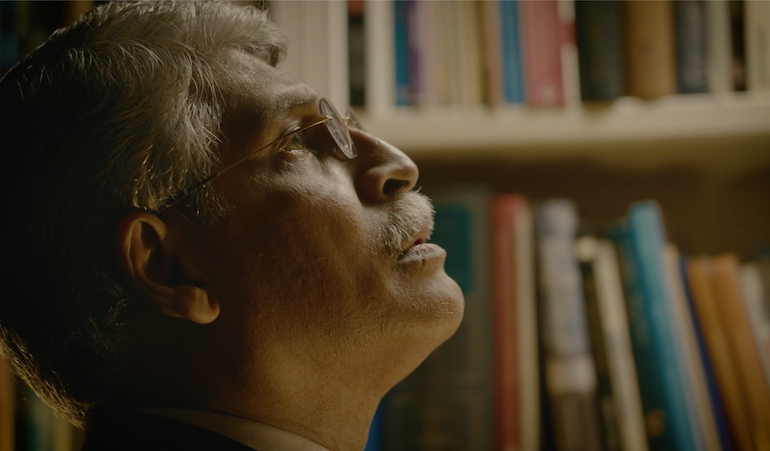[1] Different professions define misconduct differently, but they are not all that different
Some are parliamentary law.
Some are common law tests.
Generally, ‘misconduct’ is some conduct that ‘professional brethren of good reputation and competency’ in the profession regard as being ‘disgraceful or dishonourable.’1Allinson v Gen Council of medical education and registration [1894] 1 QB 750,Court of Appeal. See also R v. General Medical Council [1930] 1KB 562, p. 569
[2] For lawyers, only ‘grave impropriety in a professional capacity’ amounts to misconduct under sec. 94 (3) Legal Profession Act 1976.
[3] For doctors, it is ‘infamous conduct’
What is required is ‘serious professional misconduct’.2Sec 24 Medical (Amendment) Act 2012
[4] Roger Richards was a solicitor in the United Kingdom.
In 1998 a client (we will call him ‘John’) came to see him.
John was almost 80. He wanted to write a will.
Naturally, Richards’ questions turned to what assets Old man John had.
John had a property worth £50,000.00.
It was mortgaged.
The loan remaining to be paid to bank (the redemption sum) was only £17,200.00.
John wanted to charge his property for another loan for £6,000.00.
He wanted to take the money and would you believe it – to ‘do up his garden’.
He then wanted to sell the property and keep the balance.
Richards said he knew ‘someone who could make a better offer’ of £10,000.00 in exchange for them having ‘some equity’ in the house.
John agreed.
Later Richards casually identified these ‘new lenders’ as his children.
What Richards did not tell John was, Richards was using his own money in the name of the children.
Richards then pretended to put up a new garage, erected a new fence, and carried out some repairs to the window of the house.
So, for these relatively minor works, Richards paid more money to contractors, in the name of the old man.
He then continued to act for his client when there was a conflict of interest between him and John.
When the matter went to court, the judge thought that Richards had purchased an interest in the property in the value of £32,000.00 for a giving out a mere £10,000.00 to a vulnerable old man.
After selling the property, John would be left with nothing. Richards thus had taken unfair advantage of an old man.
Eventually, Richards was found guilty of ‘conduct unbefitting a solicitor’.
He was thrown out of the profession.3 Richards v. The Law Society (Solicitors’ Regulation Authority) [2009] EWHC 2087
[5] Take the case of R v Kumar4[2006] EWCA Crim 1946
A lady came to see him with breast cancer issues.
A clinical examination was necessary.
He went too far.
He started pawing her.
It was proven that he did it for sexual gratification.
She complained.
He was found guilty of the crime of sexual assault and found guilty of misconduct.
He was also thrown out of his profession for ‘infamous conduct’.
[6] What is ‘infamous conduct’ in the medical profession?
Take the case of Dr Allison.
This was in 1892.5 Allinson v General Council of Medical Education and Registration [1894] 1 QB 750, CA
Dr Allison held strong views – about doctors in general, and himself in particular.
He took out numerous newspaper advertisements.
Allison advised the public never to have ‘anything to do’ with doctors or their drugs. He recommended the public apply to him for advice.
Obligingly volunteering his name and address, he also – rather helpfully – quoted the amount of his fee.
He found himself in hot soup.
He was hauled up before the Medical Council.
When the case came before LJ Lopes. The judge defined ‘infamous conduct’ as,
‘… professional conduct considered disgraceful or dishonourable’ by his professional brethren.’
So the conduct of the doctor was to be judged by his peers.6 “Infamous conduct … means no more than serious misconduct judged according to the rules, written or unwritten, governing the profession.”[Per Lord Justice Scrutton in R v General Medical Council [1930] 1 KB 562, p. 569. So also in Australia: Dekker v Medical Board of Australia [2014] WASCA216as well asCranley v Medical Board of Western Australia [Unreported, Supreme Court of Western Australia, Ipp J, 21 December 1990 (BC9000957)





